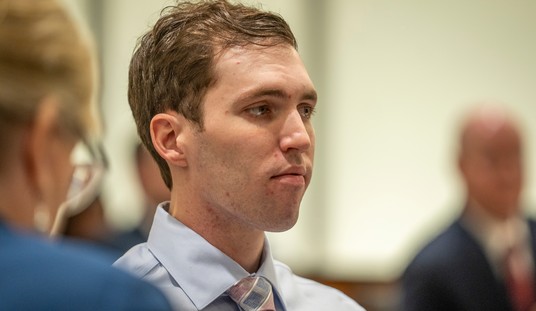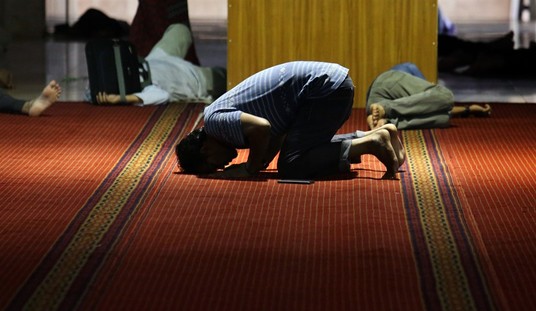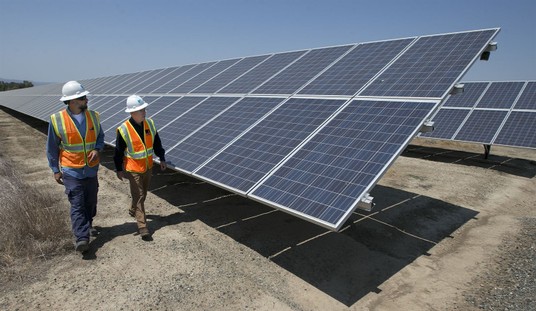Minnesota's Metro Transit system has an important reminder for all its passengers.
Metro Transit, which covers the Twin Cities of Minneapolis and St. Paul, has decided to install signs reminding passengers of illegal and unacceptable behaviors outside all its light rail and bus transit stations.
“Signs outlining the expectations we have of riders are now being installed at light rail and bus rapid transit stations,” Metro Transit wrote in a post on the X platform. “Those who violate these rules will be removed from transit property.”
On the Metro Transit website, passengers are also given a more in-depth look at how to behave on public transport.
"Transit vehicles and facilities are shared spaces, and come with shared responsibilities," it states. Your role as a rider applies anytime you use the transit system, and ensures a clean, safe experience for all."
As well as not pooping or sexually assaulting a fellow rider, passengers are reminded that it is illegal to vandalize, take drugs, interfere with the driver, spit, and engage in "disorderly conduct."
Although not against the law, other prohibited behaviors include talking on the phone loudly, solicitation, eating, and using vulgar language.
Signs outlining the expectations we have of riders are now being installed at light rail and bus rapid transit stations. Those who violate these rules will be removed from transit property. 👀
— Metro Transit (@MetroTransitMN) January 24, 2024
Review the rules here: https://t.co/VfYrdqp9BV pic.twitter.com/CaiS5lYaps
Such warnings are, naturally, par for the course in a heavily Democratic area such as Minneapolis-St Paul, which was the source of the nationwide Black Lives Matter riots that dominated the headlines back in 2020.
Last year, Alpha News reported that Metropolitan Airports Commission associate vice president Mitch Kilian had described to lawmakers the "incredible" amount of “open drug use” on the Metro Transit system.
“And it’s not marijuana use. It’s crack and things like that," he said. "Open pipe smoking right in the open next to our passengers is a very regular occurrence for us."
After testimony detailing the deteriorating conditions across the network, Kilian also revealed there had been an "enormous" rise in complaints from passengers about such issues.
“The testimony that you heard today, we are regularly hearing those stories at the airport, from our employees and passengers that ride the light rail,” Kilian said. “The increase since 2018 is enormous on the number of complaints and safety issues.”
Last November, the Star-Tribune revealed that crime on the transit system had "stabilized," despite a year-on-year increase of 33 percent:
Police attribute that increase to more proactive law enforcement efforts throughout the system — meaning that cops are increasingly cracking down on common offenses such as drug violations, trespassing, disorderly conduct and fraud.
As Metro Transit seeks to build ridership following the pandemic, it has launched a multifaceted strategy to improve safety over the past year, ranging from decriminalizing fare evasion to hiring nonprofit social service organizations for passengers in need, to partnering with regional police departments.
"We are changing the paradigm in how we do business," Metro Transit Police Chief Ernest Morales III, said at the time. "We still have a ways to go. While numbers matter, perception is also important."














Join the conversation as a VIP Member